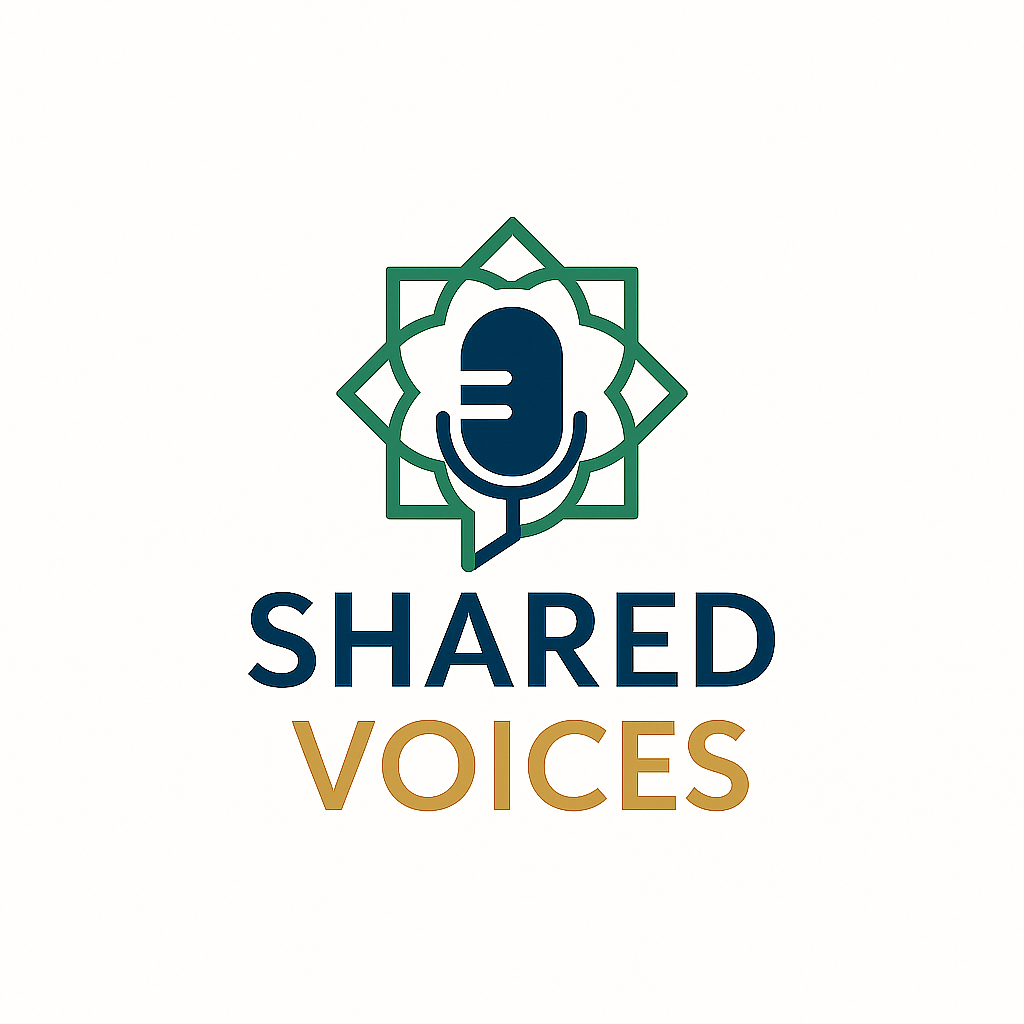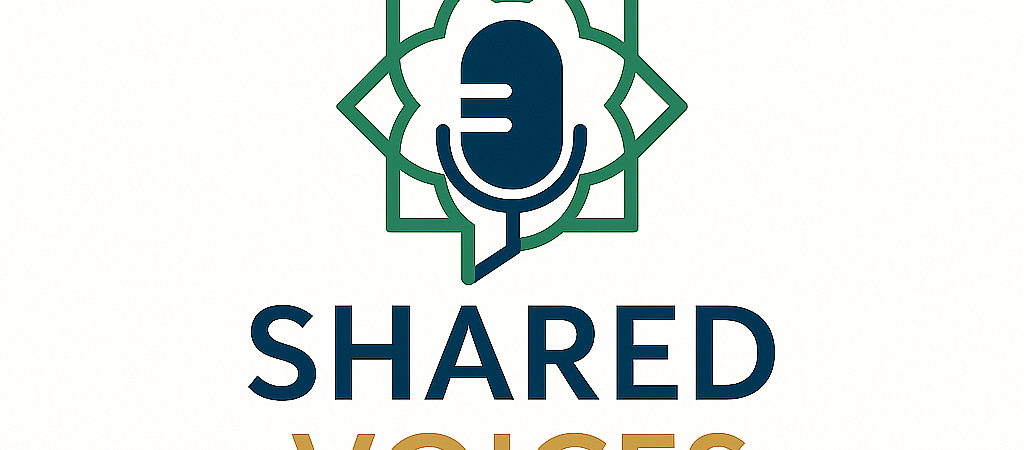Ghana’s economy has seen its fair share of ups and downs over the years and 2025 is no different. This year, we’re growing, but at the same time, many Ghanaians are still struggling with high prices and the cost of living. So, how exactly is the economy doing? Let’s break it down in simple terms.
According to the Ghana Statistical Service and projections from the Ministry of Finance, Ghana’s economy grew by about 5.7% in 2024. That was a big improvement from 2023. But in 2025, growth is expected to slow down to around 4% to 4.5%.That means the economy is still moving forward. Businesses are working, people are buying and selling, and the government is building. But it’s not moving as fast as we’d like.
As of April 2025, Ghana’s inflation rate stood at 21.2%, according to the Ghana Statistical Service. That’s better than before, but it still means basic items like food, transport and medicine are much more expensive than last year. People feel this most in the market; buying the same amount of food now costs a lot more than it used to. The Bank of Ghana Monetary Policy Rate which is now at 28% to try and reduce inflation. This rate affects how much banks charge when giving out loans. By keeping it high, the Bank hopes to control spending and reduce price hikes.
The Governor of the Bank of Ghana has said they’re watching the economy carefully, and they may reduce the rate once inflation becomes more stable. Ghana’s total public debt at the end of 2024 was around GH₵727 billion, or about 61.8% of the country’s income (GDP), this according to the Ministry of Finance. In 2025, it’s projected to go slightly higher to about 66.4% of GDP before starting to fall again. That sounds like a lot, but the government is working with the International Monetary Fund (IMF) to manage the debt, spend wisely and improve our financial health.
2025 isn’t an easy year for Ghana’s economy, but it’s not a bad one either. We are slowly recovering, but inflation and high living costs are real challenges. The key now is for the government and financial institutions to stay focused and for Ghanaians to be patient but aware.
Written by Shaibu Sulleyman
Writer, technologist, and founder of Shared Voices.

